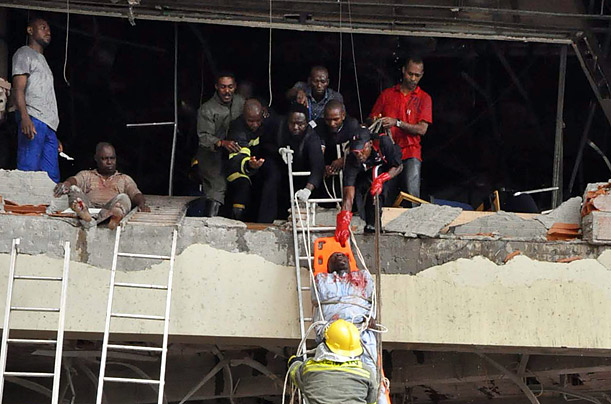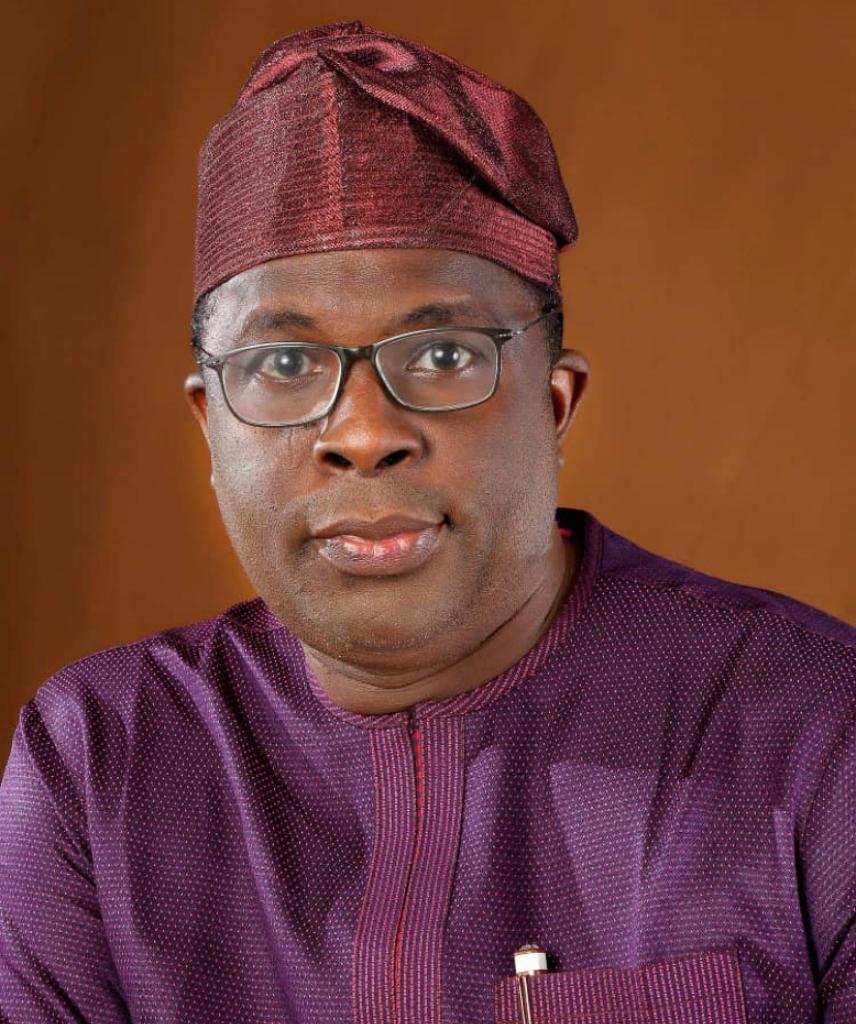Remembering UN House Bombing, Survivors Tell Their Stories

On Friday, August, 26, 2011, exactly nine years ago in Abuja, the world was stunned as the Islamic jihadist terror group in Nigeria, Boko Haram, dealt a fatal blow, unleashing a most devastating attack on the symbol of the fraternity of nations and common humanity.
It drove an explosive laden automobile through the security barricade at the United Nations Building in Abuja bringing the massive structure down and with it were at least 23 fatalities.
Over 116 other staff members were wounded. Time was about 9.55a.m. The once fortified structure was blown into smithereens, with intense smoke, dust and blood choking out the voices and groaning of victims.
The terror group, Boko Haram, swiftly claimed responsibility. The UN building housed 26 humanitarian and development agencies at the time, with about 400 employees.
Then Nigerian leader, President Goodluck Jonathan, vowed to bring the perpetrators to justice and world leaders described the act of the group as cowardly.
The UN pledged that the lives lost would not be in vain and the global body said its resolve to continue with humanitarian work in Nigeria had been strengthened.
The attack prompted the former Secretary General of the UN, Ban Ki-Moon to initiate a global threat review to improve security conditions for all the organisation’s staff worldwide.
It was only in 2018, seven years after the attack, that UN agencies began to partially move back to the hitherto abandoned building, with the United Nations Development Programme (UNDP) and the United Nations Children’s Fund (UNICEF) making the first move.
HumAngle spoke with survivors of the attack to enable them to share their experiences:

Soji Adeniyi: “I thought I died! I was chairing a meeting of a small committee set up by the United Nations Development Assistance Framework, (UNDAF) on Safety and Security of Field Staff, especially in the Northeast where the insurgency was increasingly alarming. The meeting started at 9.45a.m. on the first floor of the five-storey UN House in Abuja.
“As the meeting progressed and we were reviewing the SOP for deployment of staff and making recommendations to management on possible improvements, etc; we heard a somewhat mild noise like a small car accident from the car park, almost unnoticeable. (This was later reported to be the moment the suicide bomber drove through the metal gate at top speed into the reception.
“Then came the bang that followed three minutes later. This came with a deafening sound and the suspended ceilings of the meeting room came down on us. The windows shattered and crushed glass smashed into the room. There was darkness everywhere. I thought I died, but somehow death missed my colleagues and I by the whiskers.
“But we were the lucky ones. Next door to us was another group of staff on the same floor, just a few meters away who were blown off by the impact of the blast. We lost 15 people that morning and a few others were severely injured and later died in hospital.
“I lost several colleagues and a few personal friends. I recall going through the rubbles and trying to remember the protocols and SOP for emergency evacuation which we were just reviewing before the blast.
“My phones were ringing off the hook as I was the emergency focal point for my agency and all first responder partners were calling me for information at the same time. I managed to block some of the calls and reached out to the Red Cross and National Emergency Management Agency.
“I got assurance that the Rapid Response Teams had been dispatched. I continued to take the roll call of the members of my agency who managed to exit the building to the muster point. That was the only way to know who was missing or trapped.
“Then somebody came down from the fourth floor all covered in dust. She said one of the walls collapsed and fell on a staff member on her desk. She was dead by the time the heavy wall was lifted by men of the Red Cross. Her lifeless body was stretchered to the National Hospital mortuary. So sad. She was a foreigner deployed to Nigeria to support her agency’s new project on crime and drugs.”
Jumoke Owolabi: “Personally, I was just recovering from the trauma of a kidnap experience when the bomb blast followed. It was a Friday. I woke up that morning not feeling too eager to go to the office. After much dragging I arrived at the office minutes after 9a.m.
“My office at the UN house was located on the ground floor close to the reception where the car crashed into and the epicentre of the bomb blast. In fact, I probably would have been at the reception when this happened.
“A partner called and was to come for a document. I would have been at the reception to deliver it. He was parking his car at the visitors’ car park when he saw the building on fire! Time was a few minutes past 10a.m.
“ I was on my seat when I heard the bang. I was wondering what was happening when the ceiling above me started falling apart. Shelves were shattered, glasses shattered and windows blown into bits. I was able to escape through one of the blown windows.
“Running out of the building for safety amid the confusion, blood stains and seeing people covered in the pool of their blood was a nightmare. I only sustained a small cut. May the dead continue to rest in peace.”
Support Our Journalism
There are millions of ordinary people affected by conflict in Africa whose stories are missing in the mainstream media. HumAngle is determined to tell those challenging and under-reported stories, hoping that the people impacted by these conflicts will find the safety and security they deserve.
To ensure that we continue to provide public service coverage, we have a small favour to ask you. We want you to be part of our journalistic endeavour by contributing a token to us.
Your donation will further promote a robust, free, and independent media.
Donate HereStay Closer To The Stories That Matter




